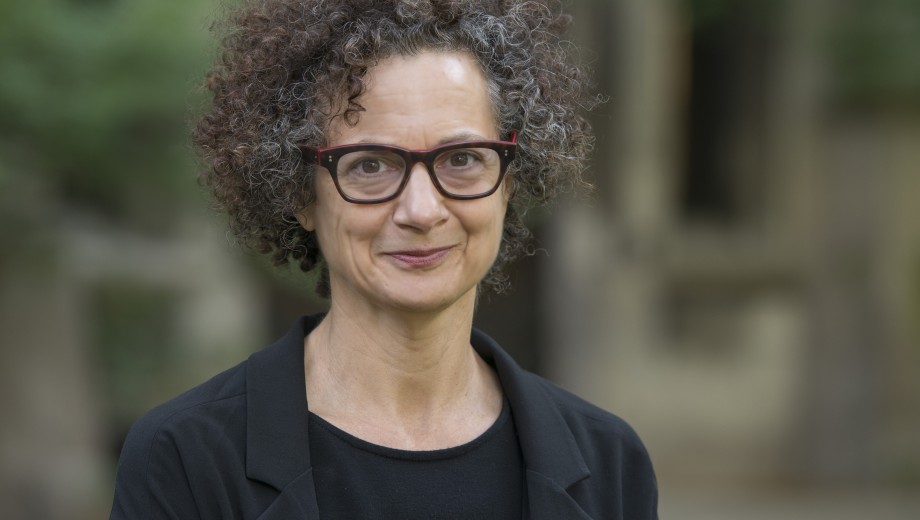In memory of influential cultural theorist Lauren Berlant (1957–2021), who was the George M. Pullman Distinguished Service Professor in the Department of English Language and Literature, Tableau presents an excerpt from their book Cruel Optimism (Duke University Press, 2011). In this excerpt, Berlant sets the stage for a critical analysis of fantasy and desire in contemporary liberal-capitalist society.
A relation of cruel optimism exists when something you desire is actually an obstacle to your flourishing. It might involve food, or a kind of love; it might be a fantasy of the good life, or a political project. It might rest on something simpler, too, like a new habit that promises to induce in you an improved way of being. These kinds of optimistic relation are not inherently cruel. They become cruel only when the object that draws your attachment actively impedes the aim that brought you to it initially.
All attachment is optimistic, if we describe optimism as the force that moves you out of yourself and into the world in order to bring closer the satisfying something that you cannot generate on your own but sense in the wake of a person, a way of life, an object, project, concept, or scene. But optimism might not feel optimistic. Because optimism is ambitious, at any moment it might feel like anything, including nothing: dread, anxiety, hunger, curiosity, the whole gamut from the sly neutrality of browsing the aisles to excitement at the prospect of “the change that’s gonna come.” Or, the change that is not going to come: one of optimism’s ordinary pleasures is to induce conventionality, that place where appetites find a shape in the predictable comforts of the good-life genres that a person or a world has seen fit to formulate. But optimism doesn’t just manifest an aim to become stupid or simple—often the risk of attachment taken in its throes manifests an intelligence beyond rational calculation.
Whatever the experience of optimism is in particular, then, the affective structure of an optimistic attachment involves a sustaining inclination to return to the scene of fantasy that enables you to expect that this time, nearness to this thing will help you or a world to become different in just the right way. But, again, optimism is cruel when the object/scene that ignites a sense of possibility actually makes it impossible to attain the expansive transformation for which a person or a people risks striving; and, doubly, it is cruel insofar as the very pleasures of being inside a relation have become sustaining regardless of the content of the relation, such that a person or a world finds itself bound to a situation of profound threat that is, at the same time, profoundly confirming.
This book considers relations of cruel optimism ranging from objects or scenes of romantic love and upward mobility to the desire for the political itself. At the center of the project, though, is that moral-intimate-economic thing called “the good life.” Why do people stay attached to conventional good-life fantasies—say, of enduring reciprocity in couples, families, political systems, institutions, markets, and at work—when the evidence of their instability, fragility, and dear cost abounds? Fantasy is the means by which people hoard idealizing theories and tableaux about how they and the world “add up to something.” What happens when those fantasies start to fray—depression, dissociation, pragmatism, cynicism, optimism, activism, or an incoherent mash?
From “Introduction: Affect in the Present,” in Cruel Optimism by Lauren Berlant. Copyright 2011, Duke University Press. All rights reserved. Republished by permission of the copyright holder, and the Publisher. www.dukeupress.edu.

